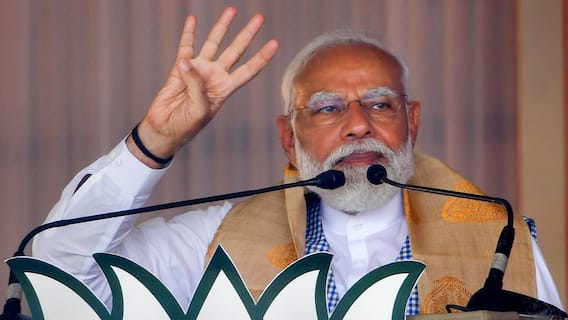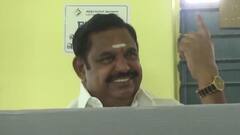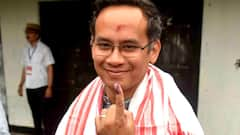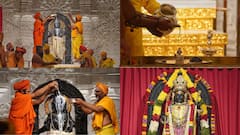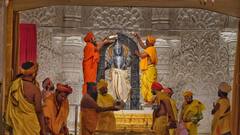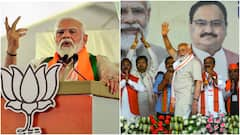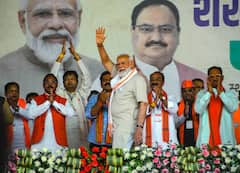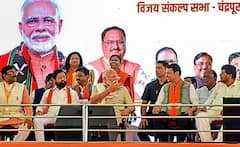Explorer
Advertisement

What is GST Bill: 10 key points on India's biggest tax reform
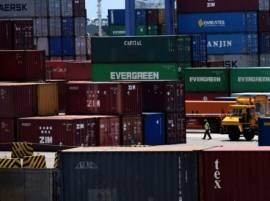
NEW DELHI: In the biggest tax reform since Independence, the national sales tax or GST Bill was on Wednesday approved by the Rajya Sabha to replace a raft of different state and local taxes with a single unified value added tax system to turn the country into world's biggest single market.
10 Key Points:
- Upper house of Parliament passed the GST bill to rationalize the country's convoluted tax structure, creating a "one nation, one tax" market to boost its economy. The tax reform is expected to provide a uniform tax structure across the country
- The 66-year-old Constitution, which gives power to Centre to levy taxes like excise, and empowers states to collect retail sales taxes, was amended though the 122nd Constitution Amendment Bill.
- Similar tax laws will also have to be passed by the states. Also, the government will need a new IT system, on which work has already begun, for rollout of the new regime.
- Finance Minister Arun Jaitley said the GST rate will be kept "as low as possible". The tax rate, he said, would be decided by the GST Council comprising of Union Finance Minister and representatives of all 29 states.
- As there will be a few rates, sectors which are subject to relatively high tax rates now are expected to gain the most. A committee, led by Arvind Subramanian, had earlier recommended a standard rate of 17-18 per cent for GST.
- Experts indicated that sectors such as automobiles, auto ancillaries, consumer durables, cement, logistics and some segments of the media could benefit.
- However, mobile phones, luxury cars, cigarettes, pharmaceuticals and textiles may have to feel the pinch of higher taxes.
- Worldover, about 160 countries - the US being the big exception - have some form of GST or value-added tax.
- Under GST, the tax gets paid on any purchase of goods or services. But if the purchase feeds into a larger supply chain raw materials, for example, or parts, then the tax can be refunded. This results in only the end consumer being taxed on a product s full value.
- The money collected would go to the state where a product is consumed, not where it is produced. The revenue lost by big manufacturing states will be reimbursed by the Centre.
Follow Breaking News on abp LIVE for more latest stories and trending topics. Watch breaking news and top headlines online on abp News LIVE TV
View More
Advertisement
Advertisement
Advertisement
Top Headline
Election 2024
World
Election 2024
World
Advertisement
Trending News

for smartphones
and tablets
and tablets

Nayanima Basu
Opinion





